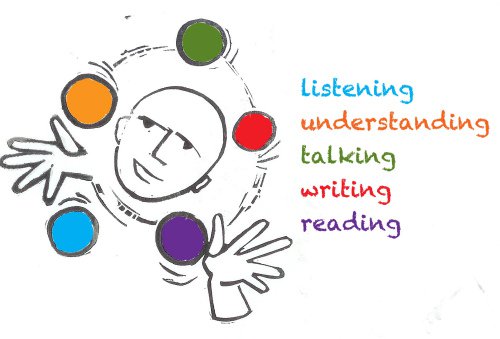Help
Learning a foreign language: Why?

In today’s world with a strong social diversity where some of our teenagers are studying abroad, speaking a foreign language is a great skill.
What are the motivations for learning a foreign language?
There are lots of motivations for learning a foreign language. They can be professional or personal. Take the example of a person who works for an import/export company. To make communication easy with his representatives, based somewhere in the world -for example in China- mastering the Chinese language is more than recommended or even essential.
Except the professional context, there are some other ways to start learning a foreign language. I guess the most widespread example is having a big interest for the country itself. As many of you know, Japanese culture has a very big impact around the world, so let’s focus on Japan and Japanese language.
Sometimes, you have no choice. It is a vital question. When you arrive in a country where nobody speak your mother tongue and you absolutely have to communicate with local people, you do everything to learn quickly the local language. It’s a kind of basic instinct. Fear becomes a learning booster and makes you assimilate things faster than in a “usual way”.
What is the starting point?
This is a huge question! I think the main point is YOUR motivation. First you have to know WHY you want to learn (see above) and be determined. A foreign language can’t be spoken fluently in only a few hours or a few days. You have to be 100% motivated. Generally, this is the key of success.
It is better to work 30 minutes a day for 1 week than 4 hours only on Sunday. It is better to learn words individually, understand each meaning and discover how to use it than to learn 5 words in a row, only to say "I know five words" even if you can’t use them because you don’t really know them. Do not rush, take your time and you will improve faster.
The next question is: “What should I learn in the first place?” Some of Latin or Germanic languages have similarities in global writing. Few specificities appear in each of them.
Here are some example: ç (cédille) in french ; le ‘J’ in spanish, called « la jota » (rhota), la tilde (~) still in spanish which is put on the « n » to be spelling « nieu » , the « ß » en german to be assimilated to « double-s »…
All of those languages use an alphabet that could be qualified as “international” but some others like Arabic languages, eastern Europe languages or asian languages use different alphabets and calligraphies.
Example (for the sound) : 温泉 : 温 (on) 泉 (sen). Combined, it becomes "onsen". But if you take them separately : 温is (atata(kai) / warm) and泉 is (izumi / fountain). You see, you don’t tell : «atatakai izumi» but "onsen". It is one of the particularities of the Japanese language due to the Chinese influence.
Example (for writing) :
باريس and بــــاريــــس is the same thing, it is «Paris».
Short form / Long form
Differences also appear in relation of the place of the letter in the word.
For example, the letter «Ṣad»
ص when it is alone
صـ as initial letter
ـصـ as central letter
ـص as final letter
I must confess that I don’t speak Arabic but I checked the Internet. I read that it depends of the link between letters. You can make the letter longer by liking it with the following but not with the previous.
Watching movies, series or TV shows is also a good thing to do. You can choose to use subtitles or not, as you wish. Try to use your ears and eyes in the same time. If you listen too much to try to understand, you will forget to read. If you read too much, you will forget to listen. It's a really hard exercise to make both, reading and listening in the same time.
Another thing: «Live» TV shows are really different from movies and acting. For example, I usually watch wrestling. When wrestlers do speak on the ring, I can easily understand what they are talking about. It is sometimes more difficult for movies and series.
Well, your success depends of YOU and ONLY YOU, noone else. If you really want to succeed this challenge, you must give yourself every means for.
As before, BE determined, BE implicated and you’ll got the key of the success. BELIEVE in yourself!
So, take your books, methods, novels… Watch your movies and series… and GOOD LUCK !!!
- FAQ Author: BriceJ
 February 2015
February 2015
Related topics:
- How Does Pronunciation Work?
- What are the most important languages for business?
- How can neurophysiology help you learn a language?
- Will you improve your memory by learning languages?


















































